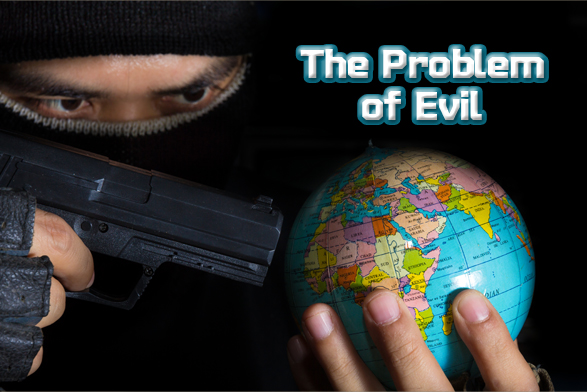This section doesn’t pretend to give detailed, exhaustive answers to the following questions. Indeed, whole books have been written on each of these topics. But these brief, short answers break down the detailed, exhaustive answers into easily understandable concepts. Let me know if you have further questions and I will recommend more detailed sources. Many of the ‘Recommended Resources’ on this website offer more detailed descriptions of these concepts. So please enjoy this section. I hope it puts you on a path to get your most important questions answered.
Also, realize that no one philosophy/religion/worldview can answer all your questions. Our finite human minds can always ask questions beyond our ability to answer them. The end result should be which philosophy/religion/worldview answers the most questions in a rational, logical way that corresponds to reality.
There are 2 basic teats that we use to determine this.
I. the scientific method…this consists of the following…
1. Observing something
2. Measuring that observation
3. Repeating steps 1&2
4. Formulating a hypothesis to explain our results
This method is almost 100% accurate when used. But if you cannot observe, measure & repeat the thing, you cannot use this method. While it works for things like developing medicines, making airplanes or building bridges, it will not work for anything relating to history (because we can’t go back and observe the event) or legal matters (like determining a person’s guilt or innocence because we didn’t observe the crime) or intangibles like love (because we can’t measure it). We may use scientific tests (like DNA) to help us prove something but we still can’t observe or measure the actual event, so we cannot use the scientific method
II.the legal/historical method…
This method only needs ‘a preponderance of evidence that is beyond a reasonable doubt but not beyond any doubt’. Its where most of the evidence leads to. For example, to prove George Washington existed, we need to find archaeological and/or historical evidence that speaks of him. That is, people referring to him in written documents, or actual things that belonged to him like homes, letters with his signature, letters mentioning his name, etc. His proof of existence must come from multiple reliable sources and it must be consistent. One source cannot say he was born in 1710 while another one claims it was 1820.
So if someone asks you to scientifically prove that God exists or that the Bible is reliable, they’re asking you to prove it the wrong way. We can prove that God exists, etc., but not using the scientific method. We will prove these things by using the legal/historical method, proving them beyond a reasonable doubt but not beyond any doubt.






